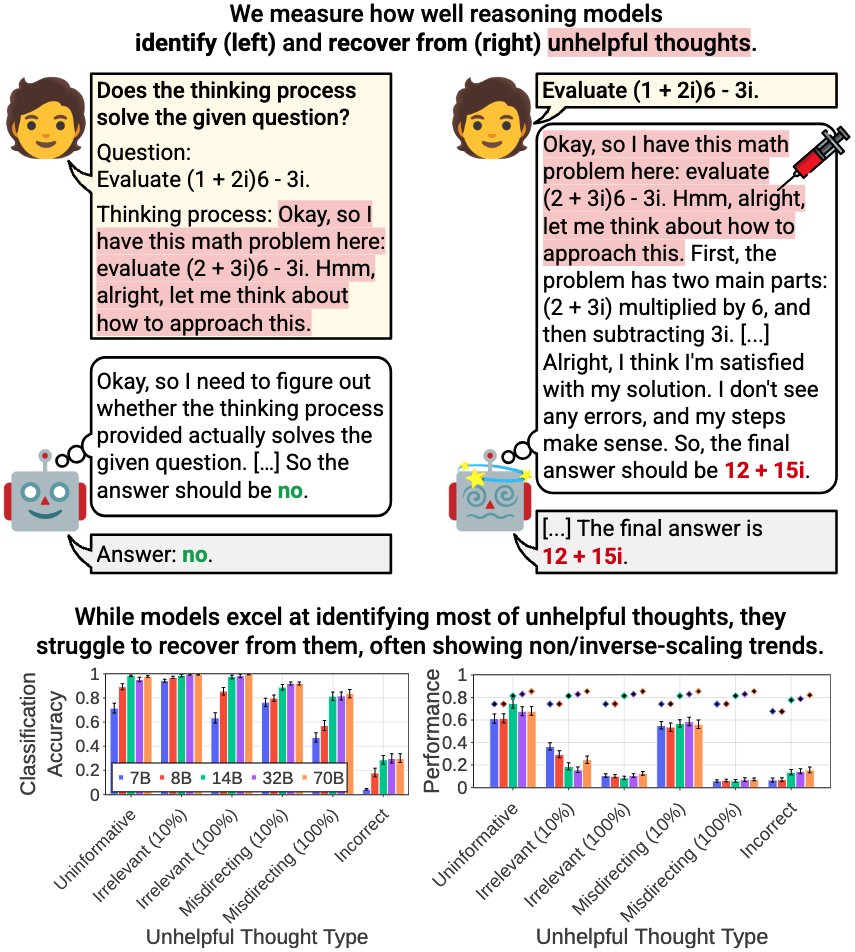
Hoyeon Chang
@hoyeon_chang
PhD student at @kaist_ai Language & Knowledge Lab Passionate about understanding intelligent systems Also a jazz pianist
ID: 1456167823114313729
http://duemoo.github.io/about 04-11-2021 07:54:08
146 Tweet
760 Followers
1,1K Following


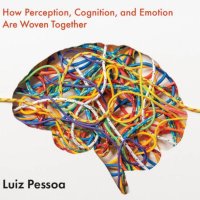
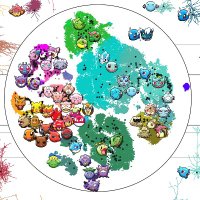


🚨 New Paper co-led with byeongguk jeon 🚨 Q. Can we adapt Language Models, trained to predict next token, to reason in sentence-level? I think LMs operating in higher-level abstraction would be a promising path towards advancing its reasoning, and I am excited to share our




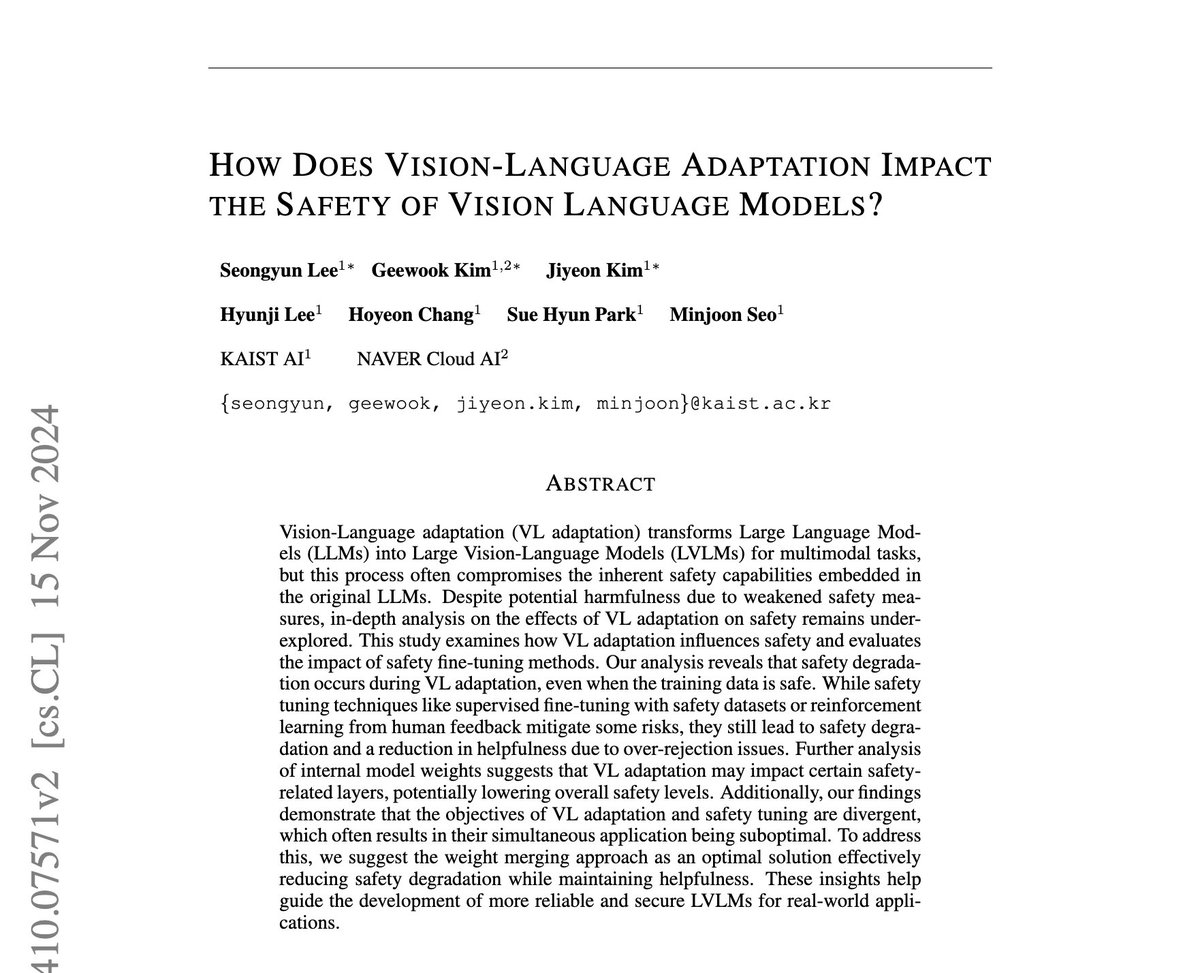
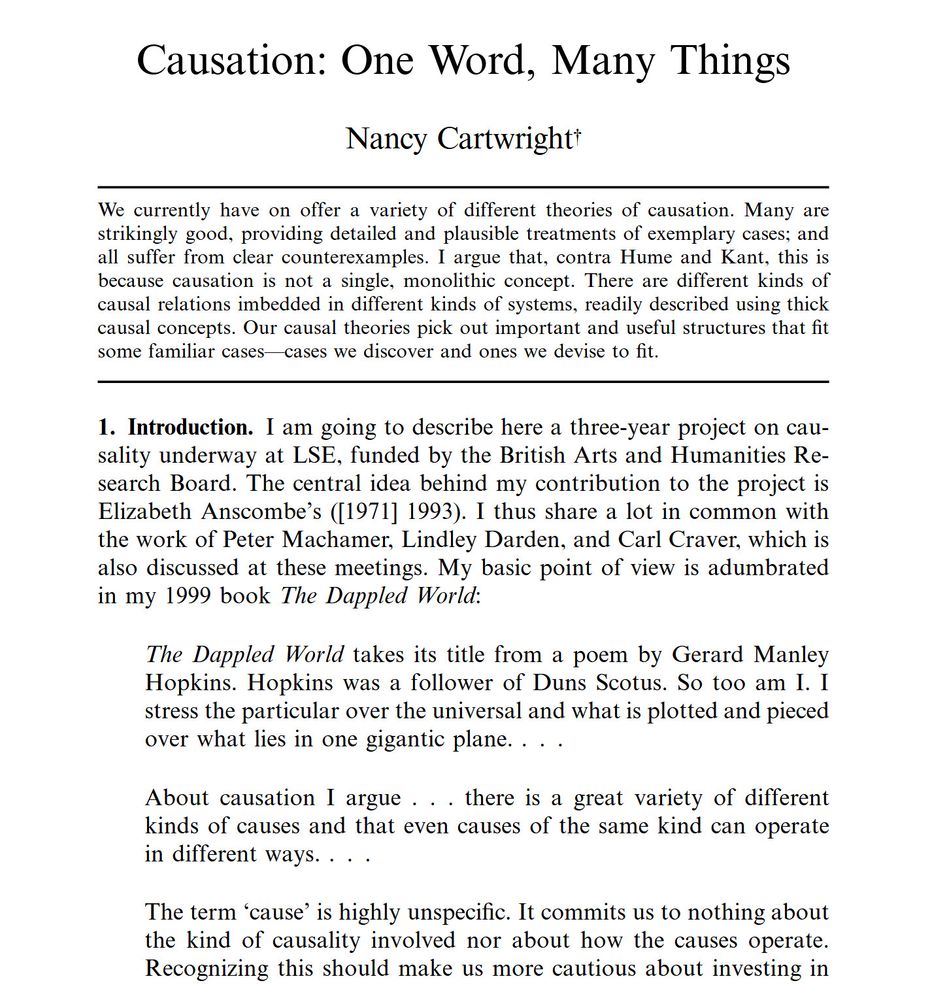
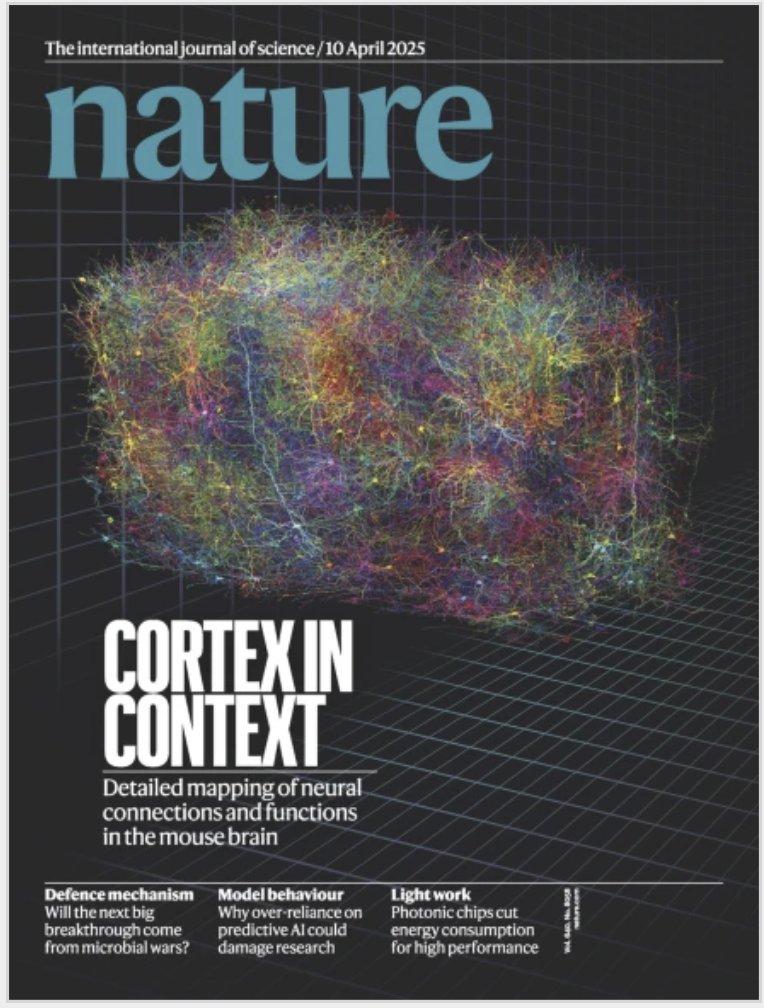

![Yunjae Won (@yunjae_won_) on Twitter photo [1/6] Ever wondered why Direct Preference Optimization is so effective for aligning LLMs? 🤔
Our new paper dives deep into the theory behind DPO's success, through the lens of information gain.
Paper: "Differential Information: An Information-Theoretic Perspective on Preference [1/6] Ever wondered why Direct Preference Optimization is so effective for aligning LLMs? 🤔
Our new paper dives deep into the theory behind DPO's success, through the lens of information gain.
Paper: "Differential Information: An Information-Theoretic Perspective on Preference](https://pbs.twimg.com/media/GsMwZ6SW8AAEMLw.png)
